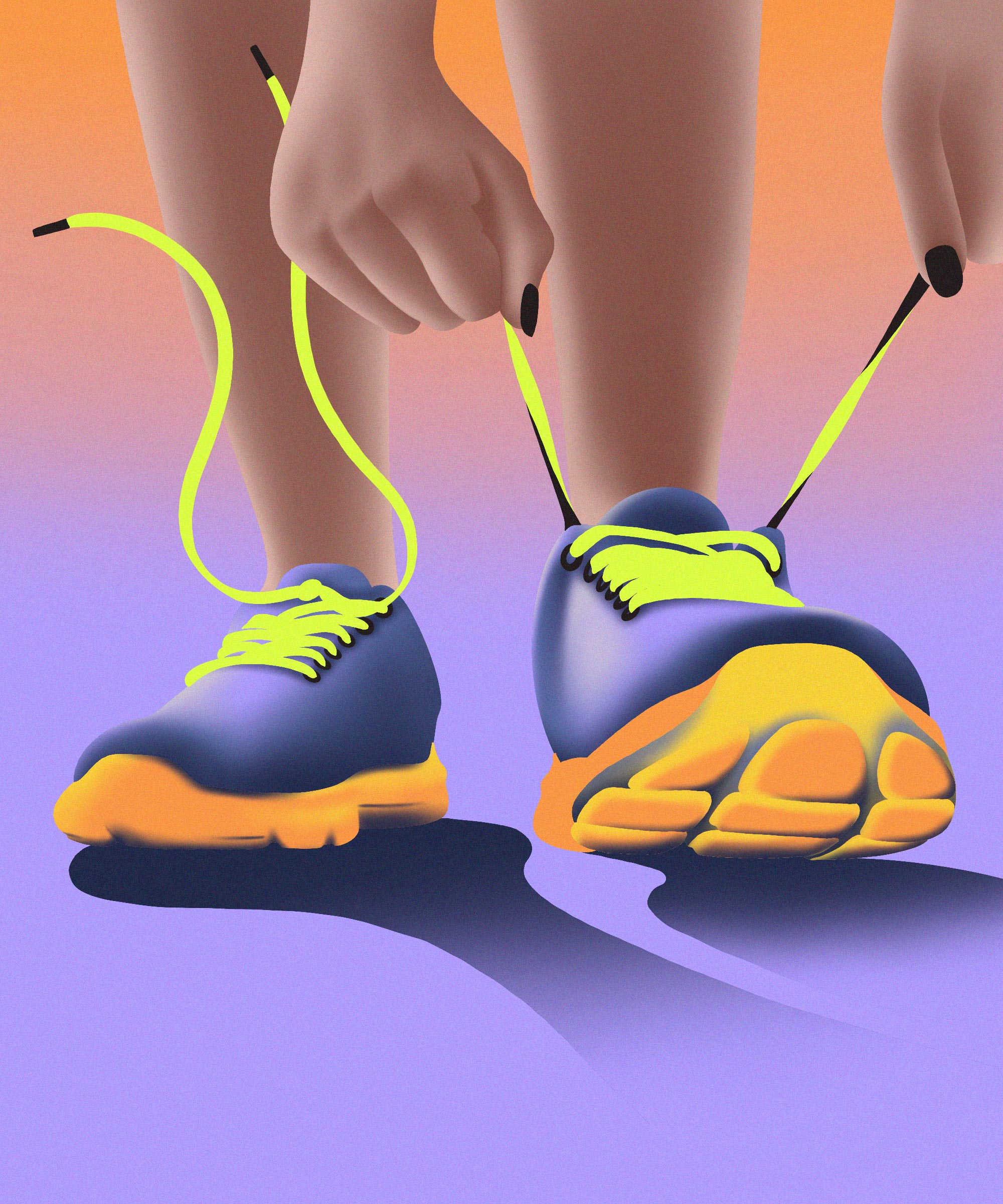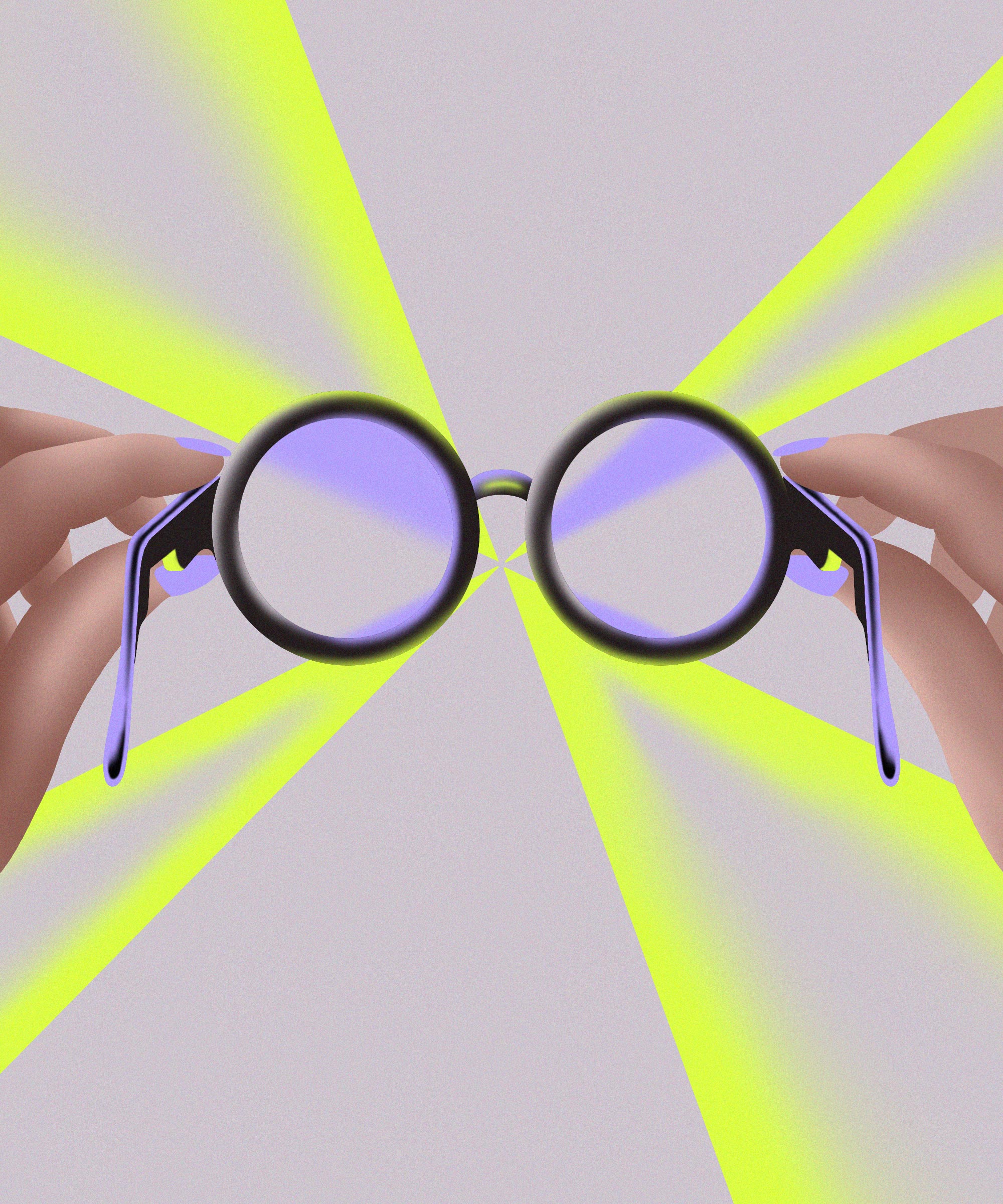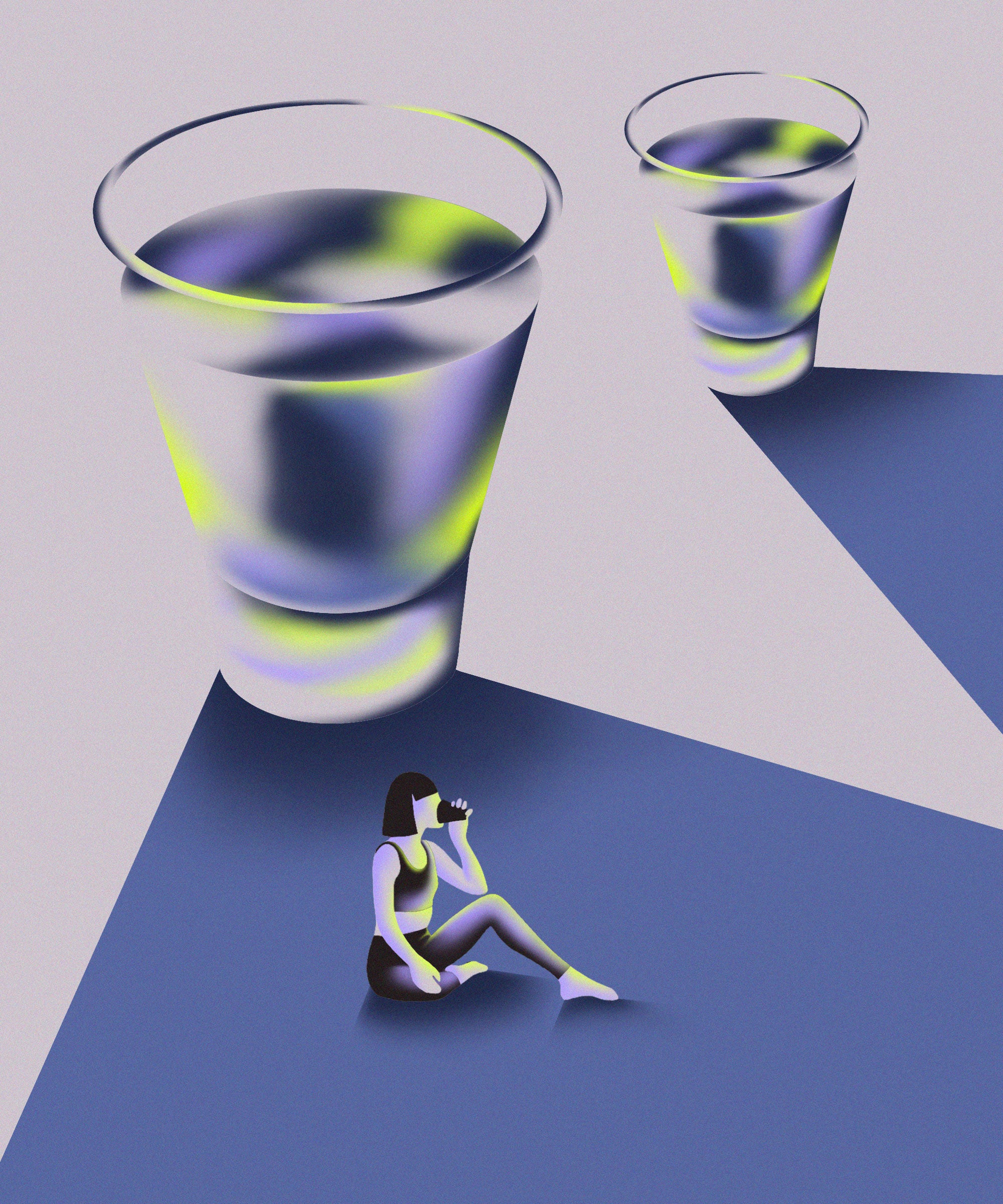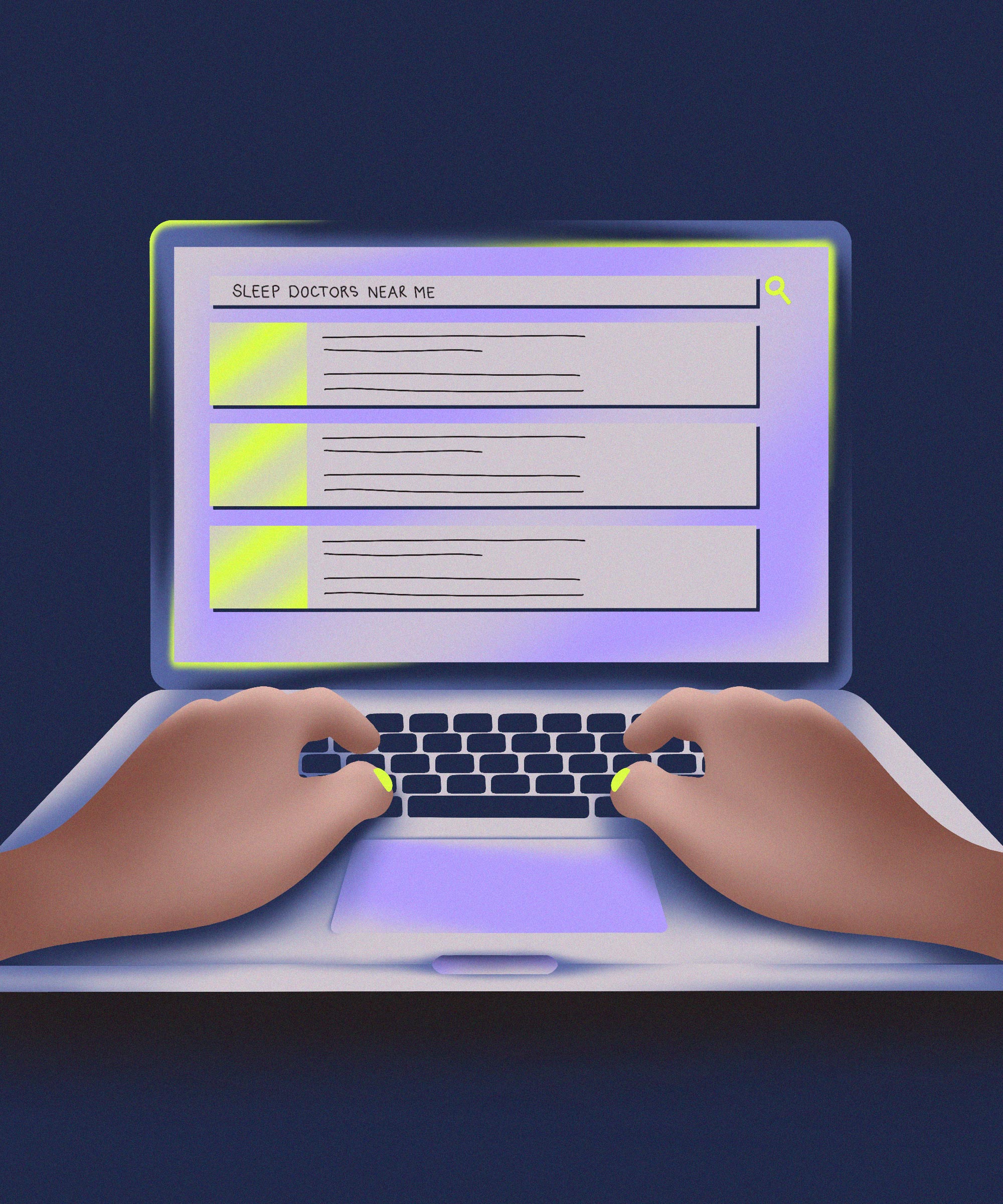Here’s How Your Daytime Routines Are Keeping You Up At Night
December 17, 2020BruceDayne#DMTBeautySpot #beauty
Productivity is golden. Or at least, that’s the story we’ve been told most of our lives. But there’s a danger in that: When we praise productivity and efficiency above all else, we often let proper rest and sufficient sleep fall to the bottoms of our (lengthy) to-do lists.
But, if you’re getting by on just five hours of sleep every night, you’re not alone. In fact, maintaining a negative relationship with sleep is by no means abnormal. According to Courtney Bancroft PsyD, an NYC-based clinical psychologist specializing in insomnia and sleep wellness, this relationship is a vicious cycle. The daily stress of a “productive” lifestyle often thwarts our bodies from properly shutting down. “The more that we can think of sleep as a luxurious, healing restful thing, the better our relationship with sleep will be,” she explains.
And while you’ve certainly heard plenty of tips and tricks to help you get to sleep by way of your nighttime routine, Dr. Bancroft believes there are plenty of daytime habits we can adopt while in quarantine to help foster a more positive relationship with sleep.
That's why we tapped Dr. Bancroft along with Joyce K. Lee-Iannotti, MD, an Arizona-based neurologist with a focus on sleep medicine, to break down a few of the simple habits we can all implement in our daily lives that will help us get the sleep we deserve — without sacrificing that productivity we love so much.

“For people that can handle it, morning workouts are great because [they] jolt — naturally — the endorphins and adrenaline in the system. They give you something to sustain yourself energywise throughout the day,” says Dr. Bancroft. Of course, if you’re not a morning person, there are other ways to get in physical activity right at the start of your day (think: yoga, stretching, or taking a quick walk).
If you’re a night fitness person, however, you may want to be a bit more careful in your approach. "While a recent study has shown that night work outs can be good for your sleep hygiene, all research still points to the fact that at least one hour before bed you should be avoiding cardio or any other form of rigorous activity," says Dr. Lee-Iannotti. "If possible, do your best to exercise before dinner time if evening work outs are your thing. Or do your best to stick to stretching, yoga poses, or less rigorous evening fitness. Then be sure you're giving your body time to cool down, afterwards."Illustrated by Twisha Patni
Being in front of a screen all day long can be more damaging to our bodies than we realize. And while many of our jobs require checking in on emails and Slack messages on our devices beyond “work hours,” our daily screen time can feel somewhat boundless.
"Screen use during the day time is necessary," says Dr. Lee-Iannotti. "But the blue wavelengths emitted from our screens work to suppress melatonin production, which is a natural hormone that helps us to sleep." She suggests that we avoid all screens 30 minutes before bed time, and that we keep all lights as dimmed as possible in our bedrooms during that period in order to stimulate the production of that natural melatonin.
“The use of electronics during the day can cause eye-strain, bad posture, and distraction from physical activity — [these] are things to be aware of as they may indirectly affect sleep,” Dr. Bancroft says. Although we all wish we could get away from our laptops from time to time, it’s not always feasible. Instead, make sure to wear screen-protective eyewear, keep good posture, and fit in some exercise (even if that’s just getting up from your desk to walk in circles).
And speaking of screen-protective eyewear: it grows increasingly more important as the day goes on. When you stare at bright blue-tinted lights, your brain receives a “stay awake” signal, thinking that it’s still daytime. Especially as evening draws nearer, you’ll want to block some of that light out. So keep the glasses on or adjust the light on your devices as the sun goes down.Illustrated by Twisha Patni
If you’re the kind of person who just…doesn’t drink water, this could be interfering with your sleep. According to Dr. Bancroft, drinking water throughout the day is key. In addition to all other other ways water benefits our bodies, “being hydrated can help you with circulation and reducing cramping during the night.” Drink a cup of warm water to help kickstart your digestive system when you wake up and continue to drink water regularly throughout the day.
That said, while dehydration can cause things like cramping or dry mouth during the night, Dr. Lee-Iannotti does not recommend chugging down your requisite daily water intake right before bed. "Try not to drink in that last two hours before bed," she says. "Inevitably, you'll have to wake up to urinate, and that will interrupt your circadian rhythms."
And speaking of liquids, let’s discuss your a.m. coffee (or your several a.m. coffees). Drinking too much caffeine can certainly be part of the problem. “Everyone is different as far as sensitivity levels and tolerance levels of caffeine, but the typical advice is not to drink any caffeine past 2 p.m.,” Dr. Bancroft says. If you drink caffeine too late in the day, it can signal to your body to stay awake and disrupt your regular sleeping schedule. Plus, it’ll further dehydrate you.
"Keep your caffeine consumption to a strict routine," adds Dr. Lee-lannotti. "Consume similar amounts at similar times each day to keep your body regulated."Illustrated by Twisha Patni
Believe it or not, a one-minute break can make a world of a difference. “What happens to us so often in our modern society is that our arousal drive is constantly on. We’re constantly on high alert. But our parasympathetic system (the one that slows us down) is manual,” Dr. Bancroft explains. In order to let yourself relax and keep your body from stressing out, she recommends giving yourself moments of peace when you actively stop. “You can include teas, essential oils, weighted blankets, quiet calming music, TV or books, snuggling, self-massage for hands and feet, face masks, deep breathing, stretching or yoga.” She also stresses the importance of this buffer time in the evening, in order to wind down before bed.
You might be thinking, what about naps? While napping is certainly a form of quiet time, it can actually disrupt your sleep cycle. “If you take a chunk of sleep in the middle of your day, you’re going to be less hungry for sleep when bedtime comes,” says Dr. Bancroft. Then again, some napping can help if you feel your body truly needs the sleep to stay alert. Just keep your naps to 20 minutes or less to prevent your body from going into a deep sleep.
For the most part, though, regulating your overall sleep schedule is important. "Keeping consistent wake up times and bedtimes can be really excellent for our sleep hygiene," says Dr. Lee-Iannotti. "So when it comes to working, assign yourself shifts, whether or not you're working remotely. Do your best to keep all work within the requisite hours you've assigned yourself."Illustrated by Twisha Patni
If you’re still having trouble falling or staying asleep after making lifestyle changes like these, you might have a more serious sleep disorder. "Insomnia is incredibly common in the U.S.," says Dr. Lee-Iannotti. "And it may be caused by any number of underlying conditions you should explore with your healthcare provider."
If you think you might have a more serious problem with sleep, schedule an appointment with a healthcare provider to help diagnose your condition. If your healthcare provider diagnoses you with insomnia, consider exploring whether a prescription option like DAYVIGOⓇ (lemborexant) CIV —a medication that may help people with insomnia fall asleep faster and stay asleep longer—might be right for you.
DAYVIGO is a prescription medicine for adults age 18 years and older who have trouble falling or staying asleep (insomnia). Do not take DAYVIGO if you fall asleep often at unexpected times (narcolepsy). Please see additional Important Safety Information included on the previous slide. Please also see Medication Guide for DAYVIGO.
Illustrated by Twisha Patni
Like what you see? How about some more R29 goodness, right here?
DMTBeautySpot
via https://www.DMTBeautySpot.com
Jen Anderson, Khareem Sudlow


0 comments